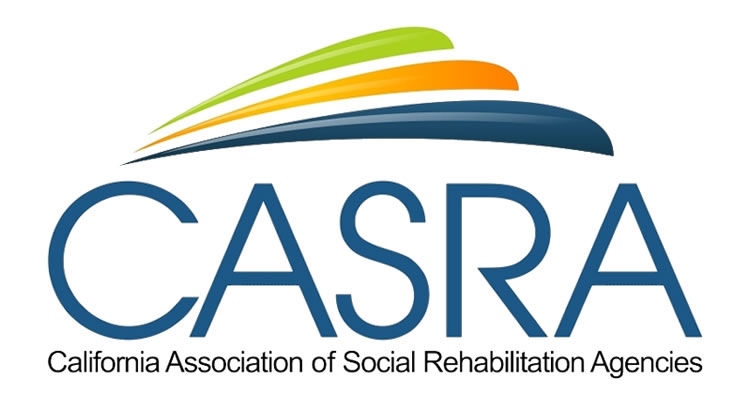CASRA Core Values Learning Series 2023-24 - The Core Foundation
Event Program
DAYS:
September 13 - October 11 - November 08
September 13, 2023
| Title | Speaker | Description | Goals | CEU |
|---|---|---|---|---|
Overview of Recovery |
Handout(s): |
This workshop starts with a fundamental belief that people living with behvioral health conditions can and do recover, and deserve opportunities to build lives not defined by those conditions Additionally, Recovery is defined as a process of change through which individuals improve their health and wellness, live a self-directed life, and strive to reach their full potential. This workshop explores the process in which an individual engages in their recovery journey, using the four stages of recovery of hope, empowerment, self-responsibility, and meaningful roles as guides. |
Participants will: Learn the four stages of recovery and how to apply them in their understanding of a person's recovery process: -Hope, a belief that people can grow and learn -Empowerment, having a sense of one's own capabilities and power -Self Responsibility, setting one's path, taking charge of one's life, and learning one's own lessons -Meaningful Roles, having meaning, purpose and a life beyond ones' condition |
3 |
October 11, 2023
| Title | Speaker | Description | Goals | CEU |
|---|---|---|---|---|
Overview of Psychosocial Rehabilitation |
Handout(s): |
Psychiatric rehabilitation promotes recovery, full community integration, and improved quality of life for persons who have been diagnosed with any mental health condition that seriously impairs their ability to lead meaningful lives. Psychiatric rehabilitation services are collaborative, person directed, and individualized. These services are an essential element of the health care and human services spectrum and should be evidence-based. They focus on helping individuals develop skills and access resources needed to increase their capacity to be successful and satisfied in the living, working, learning, and social environments of their choice. |
Participants will: learn the values, principles, and practices of Psychosocial Rehabilitation be able to apply Psyhosocial Rehabilitation practices in their work |
3 |
November 08, 2023
| Title | Speaker | Description | Goals | CEU |
|---|---|---|---|---|
Language - What We Say Matters! |
Handout(s): |
Language shapes how we see the world-and ourselves. We have a choice in the words we use to describe ourselves, others, and the world around us. The words we choose and the meanings we attach to them influence our decisions, beliefs, and well-being. The workshop examines the use of person-first language in the behavioral health field to build respectful, person centered relationships. |
Participants will: Increase their ability to intentionally use language that provides an alternative interpretation to the “medicalization” of a person’s story not based in psychiatric models or diagnoses. Increase their ability to reframe behavior described as “Manipulative”, “attention-seeking”, “entitled”, “acting-out” that support working with individuals they support develop more effective ways to get their needs met. |
3 |
